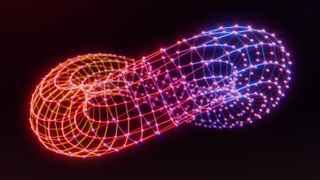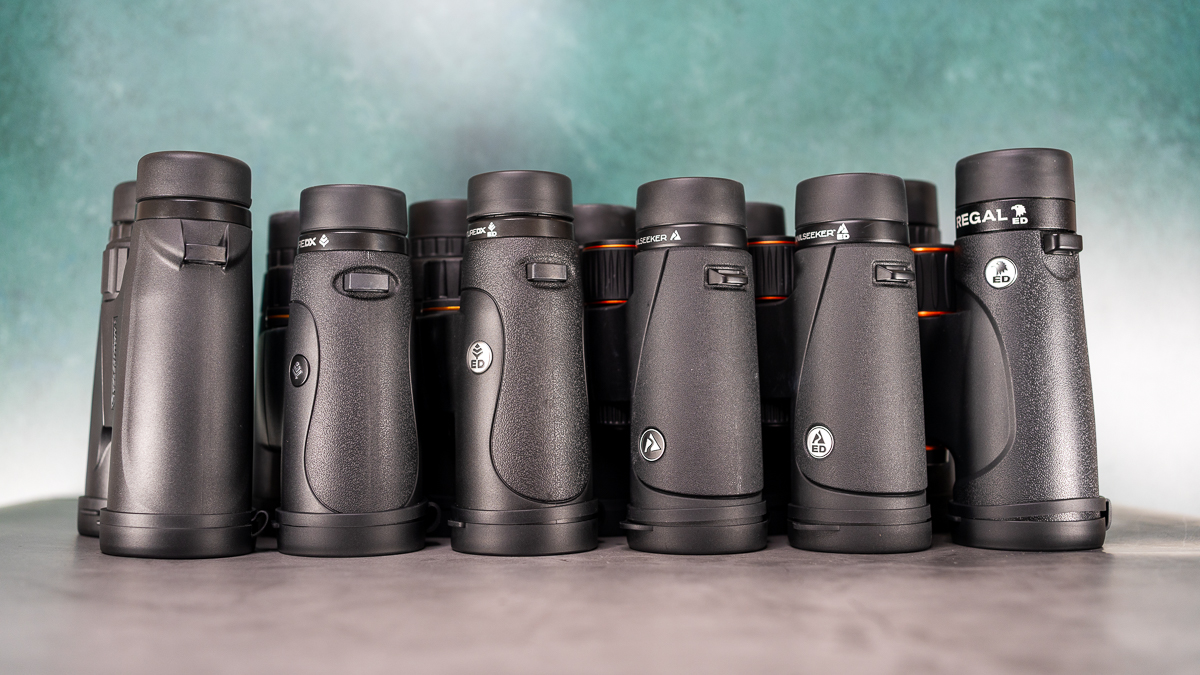Quantum Computers
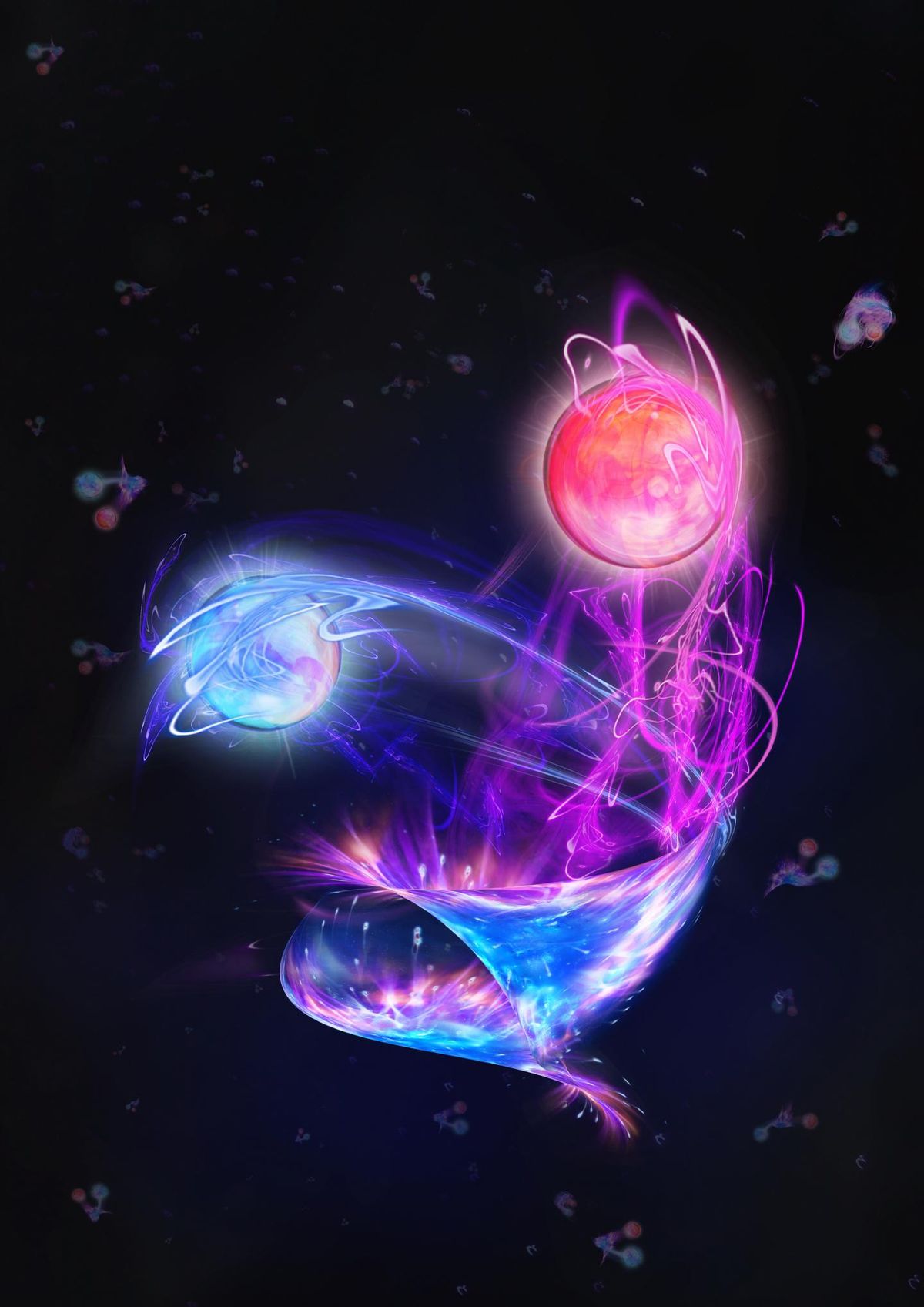
Unlike traditional computers that rely on bits of information that can be in one of two states (1 or 0), quantum computers manipulate qubits, or units of information tucked inside subatomic particles. That means, they follow the wacky laws of quantum mechanics and so can be in two states at once. This ability allows quantum computers to theoretically store exponentially more information than your everyday laptop. Live Science is here to dissect the latest achievements and discoveries in this bizarre quantum world of computing.
Latest about quantum computers
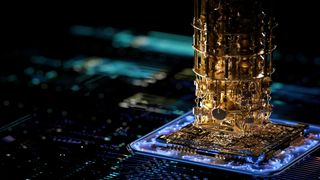
Record-breaking feat means information lasts 15 times longer in new kind of quantum processor than those used by Google and IBM
By Tristan Greene published
The novel design for the new qubit uses the chemical element tantalum in tandem with a special silicon substrate, creating what researchers say are the most coherent superconducting qubits to date.

Scientists unveil world's first quantum computer built with regular silicon chips
By Alan Bradley published
A London-based startup has created the world's first full-stack quantum computer using a standard silicon CMOS chip fabrication process

Quantum internet inches closer thanks to new chip — it helps beam quantum signals over real-world fiber optic cables
By Owen Hughes published
Researchers used the Q‑Chip to send quantum data over standard fiber using Internet Protocol (IP), showing that future quantum networks could run on today’s internet infrastructure.

Scientists hit quantum computer error rate of 0.000015% — a world record achievement that could lead to smaller and faster machines
By Tristan Greene published
The record-breaking achievement could lead to practical, utility-scale quantum computers that are both smaller and faster.
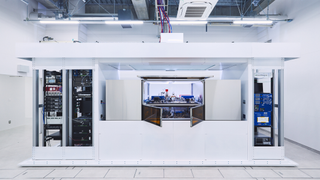
Scientists achieve 'magic state' quantum computing breakthrough 20 years in the making
By Keumars Afifi-Sabet published
Scientists demonstrate a process called "magic state distillation" in logical qubits for the first time, meaning we can now build quantum computers that are both error-free and more powerful than supercomputers.

Small, room-temperature quantum computers that use light on the horizon after breakthrough, scientists say
By Owen Hughes published
Scientists say they’ve cracked a key challenge in scalable quantum hardware after generating an error-correcting, light-based qubit on a chip for the first time.
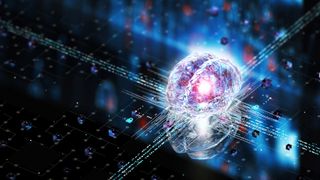
'Quantum AI' algorithms already outpace the fastest supercomputers, study says
By Tristan Greene published
Researchers have successfully demonstrated quantum speedup in kernel-based machine learning.
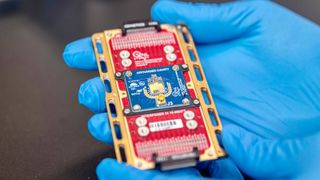
Millions of qubits on a single quantum processor now possible after cryogenic breakthrough
By Owen Hughes published
Scientists in Australia have developed a quantum control chip that removes a key obstacle to getting qubits into practical, real-world computing systems.

Breakthrough quantum computer could solve problems 200 times faster than a supercomputer
By Owen Hughes published
Scientists have built a compact physical qubit with built-in error correction, and now say it could be scaled into a 1,000-qubit machine that is small enough to fit inside a data center. They plan to release this machine in 2031.
Get the world’s most fascinating discoveries delivered straight to your inbox.


